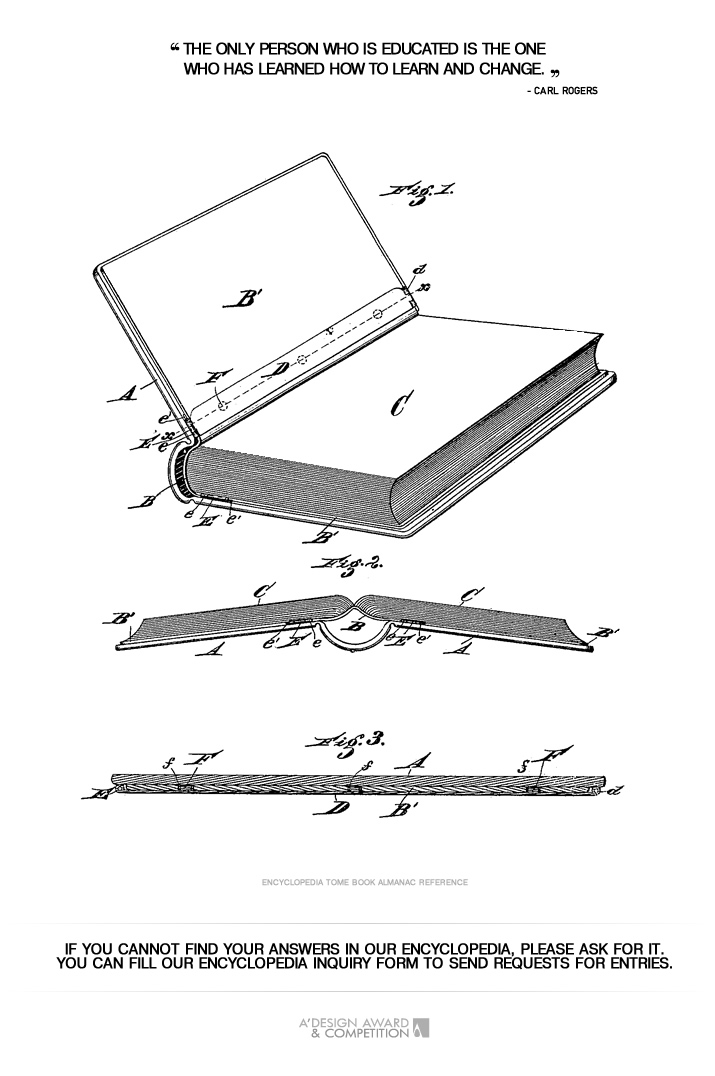
| THE AWARD |
| CATEGORIES |
| REGISTRATION |
| SUBMIT YOUR WORK |
| ENTRY INSTRUCTIONS |
| TERMS & CONDITIONS |
| PUBLICATIONS |
| DATES & FEES |
| METHODOLOGY |
| CONTACT |
| WINNERS |
| PRESS ROOM |
| GET INVOLVED |
| DESIGN PRIZE |
| DESIGN STORE |
| THE AWARD | JURY | CATEGORIES | REGISTRATION | PRESS | WINNERS | PUBLICATIONS | ENTRY INSTRUCTIONS |
Take Step - Entry #478768 |
Home > Design Encyclopedia > 478768 |
 Take Step
Take Step
Take Step is a fundamental design process methodology that involves the systematic progression from one phase to another in product or service development. This iterative approach emphasizes the importance of making deliberate, measured advances in the design journey, allowing for careful evaluation and refinement at each stage before moving forward. The methodology emerged from the recognition that successful design outcomes require structured advancement rather than rushed implementation, particularly in complex projects where multiple stakeholders and variables are involved. In design thinking, taking steps represents a crucial aspect of problem-solving, where each forward movement builds upon previous learnings and insights, creating a robust foundation for subsequent decisions. This methodical progression enables designers to maintain control over the development process while ensuring that all essential aspects receive appropriate attention and consideration. The approach has gained significant recognition in various design disciplines, from industrial design to digital interface development, where it helps manage risk and optimize resources by breaking down complex projects into manageable segments. The concept has evolved to incorporate contemporary design challenges, including sustainability considerations and user-centered approaches, making it particularly relevant for modern design practices. Design competitions, such as the A' Design Award, often evaluate how effectively projects implement this stepped approach, recognizing that methodical progression often leads to more refined and successful design outcomes. The methodology's emphasis on deliberate advancement has proven especially valuable in scenarios where design decisions have significant implications for user experience, environmental impact, or resource allocation.
Author: Lucas Reed
Keywords: design process, methodical progression, iterative development, systematic approach, design methodology, structured advancement, phased implementation, design thinking
 About the Design+Encyclopedia
About the Design+EncyclopediaThe Design+Encyclopedia is a crowd-sourced reference of information on design. Unlike other crowd-sourced publications on design, the Design Encyclopedia is edited and actively monitored and publishing is only possible after review of submitted texts. Furthermore, editors of the Design Encyclopedia are mostly consisting of award winning designers who have proven their expertise in their design respective fields. Information posted at design encyclopedia is copyrighted, you are not granted a right to use the text for any commercial reasons, attribution is required. If you wish to contribute to the design encyclopedia, please first register or login to A' Design Award and then start a new design encyclopedia entry.

If you did not find your answer, please feel free to check the design encyclopedia for more entries. Alternatively, you can register and type your own definition. Learn more about A' Design Award's Design+Encyclopedia.

